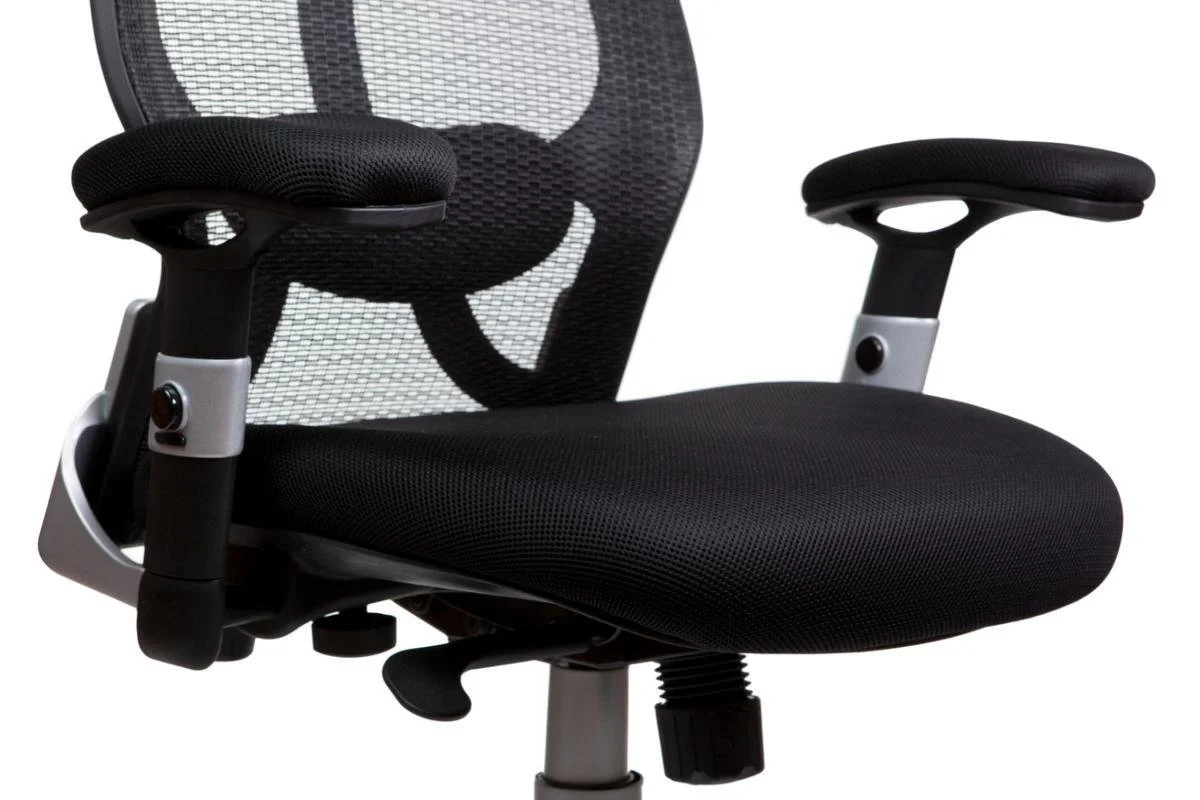Lord v. Renner: Wrongful Death Lawsuit Filed After Teen's Beating at Arizona Party
/The parents of 16-year-old Preston Lord have filed a wrongful death lawsuit following his fatal beating at a large, unsupervised Halloween party in Queen Creek, Arizona. This case stands out from the criminal cases the young defendants are already facing because the civil suit intends to hold both the young defendants and numerous "parents" legally responsible for the circumstances leading to Preston's death.
Case: Lord v. Renner
Court: Maricopa County Superior Court
Case No.: CV2024-018033
The Plaintiff: Lord v. Renner
The plaintiffs in the case are Preston Lord's parents, Nicholoas Lord and Autumn Curiel. After their son died from injuries sustained at a Helloween party on the night of October 28, 2023, the two filed suit claiming wrongful death. The night of the incident, a fight allegedly broke out, and a severe beating left Preston unconscious. He was rushed to a nearby hospital and then airlifted to Phoenix Children's Hospital. However, he died due to injuries sustained just two days after the incident.
The Defendants in the Case: The Youths and Their Parents
Seven young party attendees are listed as defendants on the wrongful death complaint: Talan Renner, Treston Billey, William Owen Hines, Jacob Meisner, Dominic Turner, Taylor Sherman, and Talyn Vigil. However, the list of defendants does not stop there. In addition to the youths accused of the fatal attack on Preston Lord, some of the parents of the young people are also included on the defendant list. The Renner family and the owners of the property where the party was hosted (Roberto and Emily Corres) are also listed as defendants.
History of the Case: Lord v. Renner
According to the complaint, the Correas hosted a Halloween party promoted on Snapchat as a "Halloween Rager" that was open invite, with alcohol available on a first-come, first-served basis. Up to 200 teens and young adults reportedly attended. The lawsuit alleges the Correas remained inside during the party, were under the influence of alcohol, and failed to supervise the minors or prevent alcohol from being provided to them.
When the homeowners told attendees to leave, a fight broke out between two groups. Preston was allegedly beaten to the point of unconsciousness by the seven named individuals. The lawsuit also cites prior alleged violent behavior by defendant Talan Renner, including a fifth-grade threat to "shoot up" his school, a middle school fight/bullying incident, and an assault at a Utah boarding school. The plaintiffs argue that Renner's parents failed to take reasonable steps to control or supervise their son despite his volatile history.
The Main Question in the Case: Lord v. Renner
Can both the individuals who physically attacked Preston and the parents who allegedly failed to supervise or intervene be held liable under wrongful death and negligence laws? The fatal incident that led to Lord v. Renner occurred in Arizona. However, the issues raised of parental liability, negligent supervision, and social host responsibility are issues that could easily be echoed in wrongful death and negligence claims in other areas throughout the nation.
Why This Case Matters: Lord v. Renner
This case puts a spotlight on the potential civil liability for parents and property owners when minors at unsupervised gatherings where alcohol is present cause harm or injury. The issues presented in this case also underscore how wrongful death and negligence claims can extend beyond the direct perpetrators to those who allowed dangerous conditions to occur. Such cases can result in significant financial judgments intended to provide justice for grieving families.
FAQ: Lord v. Renner
Q: What is a wrongful death lawsuit?
A: A wrongful death lawsuit is a civil claim filed by certain surviving family members when a death is caused by another party's negligence, recklessness, or intentional act.
Q: Can parents be held liable for their child's actions?
A: Yes. In California, as in Arizona, parents may be held civilly responsible if they knew or should have known of their child's dangerous behavior and did not take reasonable actions to stop them from doing harm.
Q: How does social host liability apply?
A: California's social host laws differ from Arizona's, but in both states, providing alcohol to minors — or failing to control a gathering where minors drink — can contribute to civil liability when injuries or deaths occur.
Q: How does a civil wrongful death case differ from a criminal case?
A: A criminal case seeks to punish wrongdoing with penalties such as imprisonment. A civil wrongful death case seeks compensation for losses filed by surviving family members.
Q: What damages can be recovered in wrongful death cases?
A: Compensation can include funeral expenses, medical bills, and other damages related to loss of companionship, loss of future earnings, etc. In some cases, punitive damages may be included, especially for reckless conduct.
If you have lost a loved one due to another party's negligence or wrongful actions, contact an experienced wrongful death attorney as soon as possible. Contact Blumenthal Nordrehaug Bhowmik DeBlouw LLP today. Our knowledgeable wrongful death attorneys are ready to assist you, with offices serving clients in Riverside, San Francisco, Sacramento, San Diego, Los Angeles, and Chicago.






